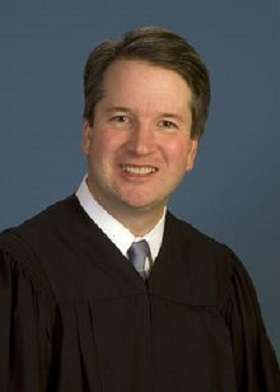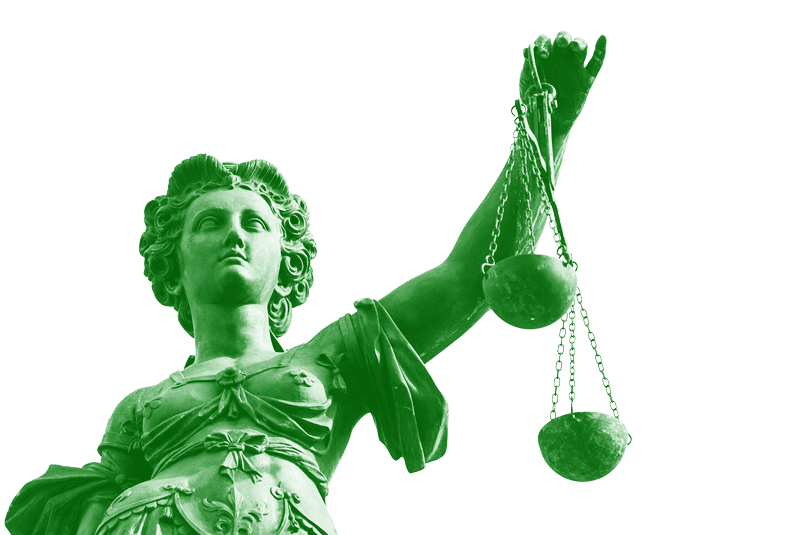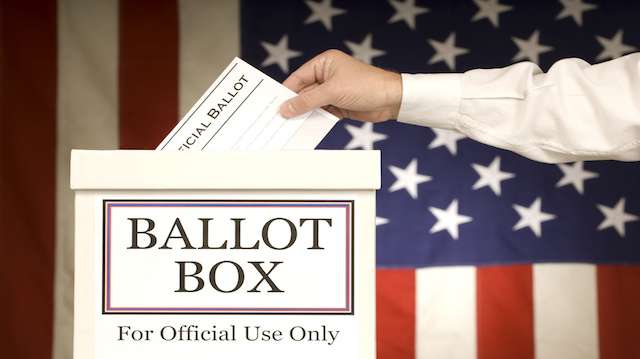
The Washington Post has put up a symposium on Judge Brett Kavanaugh's jurisprudence in which various legal commentators discuss what they consider to be his most important opinions. The contributors include Yale Law School Prof. Akhil Amar, ACLU national legal director David Cole, and myself, among others. Here is an excerpt from my contribution, which focuses on Kavanaugh's recent dissent in PHH Corp. v. Consumer Financial Protection Bureau. Here is an excerpt:
Kavanaugh has written many insightful opinions, but the one that best exemplifies both the strengths and the weaknesses of his jurisprudence may be his recent dissent in PHH Corporation v. Consumer Financial Protection Bureau. The opinion showcases his careful reasoning, but also highlights a shortcoming of his devotion to "unitary executive" theory.
PHH… involves a challenge to the constitutionality of the Consumer Financial Protection Bureau, a powerful financial regulatory agency headed by a single director appointed by the president for a five-year term, during which he or she can only be removed "for cause." As Kavanaugh explains, the Constitution lodges all "executive" power in the hands of the president. Independent agencies such as the CFPB, he says, are "a headless fourth branch of the U.S. Government" that poses "a significant threat to individual liberty and to the constitutional system of separation of powers."
While the Supreme Court has upheld some independent agencies, the CFPB goes beyond those cases because it is headed by a single director. Kavanaugh fears that the "CFPB's concentration of enormous power in a single unaccountable, unchecked Director poses a far greater risk of .?.?. abuse of power, and a far greater threat to individual liberty, than a multimember independent agency."
But Kavanaugh does not consider the possibility that concentrating even greater power in the hands of a single person — the president — also poses grave risks. The "unitary executive" theory underlying his opinion made sense in a world where the executive branch was confined to the comparatively narrow range of powers granted by the original meaning of the Constitution. It is far more problematic today, including on originalist grounds….
Federal agencies now regulate almost every aspect of American life. If the president has near-total control over them, he or she has much greater power than originally granted — more than can safely be entrusted to any one person. So long as the executive wields authority far beyond the original meaning, Congress should be allowed to insulate some of it from total presidential control to prevent excessive concentration of power.
Interestingly, famed constitutional law scholar Akhil Amar also focuses on PHH in his contribution to the symposium. His assessment of Kavanaugh's opinion is more favorable:
I seldom assign my law students to read recently decided lower-court opinions, but last spring I made one exception: Kavanaugh's dissent in a case involving presidential control over the federal bureaucracy, PHH Corporation v. Consumer Financial Protection Bureau….
It's a careful and subtle opinion, blending fidelity to the framers' original understanding of the Constitution with respect for modern developments such as the rise of the administrative state. It reflects a persuasive vision of the Constitution's commitment to a "unitary executive." The Constitution explicitly and emphatically vests the executive power in one president and all lower executive officials ultimately answer to him, in one way or another… Unlike extreme versions of "unitary executive theory" famously associated with the conservative legal scholar John Yoo, Kavanaugh's is a modest version of the theory, respectful of modern independent agencies and noncommittal on contested issues of presidential war power.
Much of what Prof. Amar says in the passage quoted above is true. For example, Kavanaugh's reasoning does not entail any endorsement of John Yoo's very broad views of presidential war powers (which I have taken issue with in the past myself). But I am not convinced that Judge Kavanaugh's approach to the unitary executive is a "modest version of the theory" or that it is "respectful of modern independent agencies." In PHH, Kavanaugh could not rule that independent agencies are generally unconstitutional, because (as a lower court judge) he was constrained by Supreme Court precedent holding otherwise. He nonetheless makes clear that, in his view, independent agencies are "a headless fourth branch of the U.S. Government" that poses "a significant threat to individual liberty and to the constitutional system of separation of powers." That reasoning applies to all independent agencies, not just those that are headed by a single director rather than a multimember board.
In principle, a unitary executive can still be confined to a very narrow range of powers. Executive authority might be very limited, but such of it as exists can be under sole control of the president. The unitary executive theory addresses the distribution of executive power, not its scope. In practice, however, the modern executive branch has accumulated vast power, which is unlikely to be severely cut back any time soon. In that situation, judicial enforcement of the unitary executive doctrine necessarily requires a vast concentration of power in the hands of one person - far more than was given to him or her by the original meaning of the Constitution, and far more than is safe. That is why I have reservations about the broad scope of Kavanaugh's reasoning in PHH, even though I have no strong objection to his conclusion about the specific case of the CFPB.
I discussed the dangers of unitary executive theory (an issue on which I have turned against my own previous views) in greater detail here. I discuss other aspects of Kavanaugh's jurisprudence on executive power here and here.





Show Comments (14)